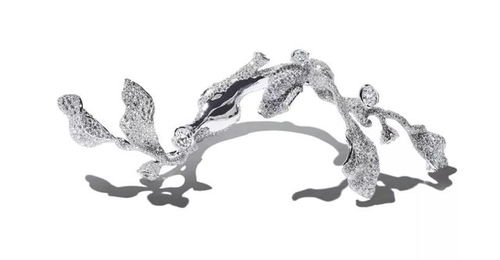
Content:
Introduction: Fishing is an activity that brings joy and relaxation to many. If your husband is passionate about fishing, you might find yourself in a situation where he's eager to improve his skills. Whether he's a beginner or an experienced angler, there are always new techniques and tips to learn. In this article, we'll explore some valuable fishing techniques that can help your husband become a master angler.
Choosing the Right Equipment: The first step in mastering the art of fishing is to ensure that your husband has the right equipment. Here are some essential items to consider:
- Rod and Reel: Select a rod and reel that match the type of fishing you plan to do. For freshwater fishing, a spinning rod and reel are usually sufficient, while a baitcasting rod and reel are better for saltwater fishing.
- Lures and Bait: Depending on the fish species, your husband will need different lures and bait. Research the local fish population and choose appropriate lures or live bait.
- Tackle Box: A well-organized tackle box is essential for keeping all the necessary items within reach. Include hooks, sinkers, swivels, leaders, and other accessories.
Learning the Basics: Before diving into advanced techniques, it's crucial to master the basics. Here are some fundamental fishing skills:
- Casting: Practice casting techniques to ensure accuracy and distance. There are various casting methods, such as the overhead cast, sidearm cast, and roll cast. Find the one that works best for your husband.
- Knot Tying: Learn how to tie essential knots, such as the improved clinch knot, Palomar knot, and uni knot. These knots are essential for securing hooks, lures, and leaders to the line.
- Baiting: Teach your husband how to properly bait a hook, whether using live bait or artificial lures. This skill is crucial for attracting fish.
Understanding Fish Behavior: To become a successful angler, it's important to understand the behavior of the fish you're targeting. Here are some tips:
- Seasonal Patterns: Fish tend to follow specific patterns throughout the year. Research the seasonal habits of the fish you're interested in and adjust your tactics accordingly.
- Water Temperature: Fish are sensitive to water temperature. Learn how to read a thermometer and understand how temperature affects fish behavior.
- Cover and Structure: Fish often seek cover and structure to hide from predators. Look for areas with rocks, logs, or vegetation where fish might congregate.
Advanced Techniques: Once your husband has a solid foundation in fishing, he can start exploring more advanced techniques:
- Jigging: Jigging involves repeatedly lifting and dropping a lure to mimic the movement of prey. This technique is effective for targeting bottom-dwelling fish.
- Fly Fishing: Fly fishing requires a different approach and equipment. Teach your husband the basics of fly casting, fly selection, and fly presentation.
- Trolling: Trolling involves dragging a lure or bait behind a moving boat. This technique is great for covering large areas and targeting various fish species.
Safety First: Fishing can be a dangerous activity if not approached with caution. Here are some safety tips:
- Always wear a life jacket when fishing from a boat.
- Be aware of your surroundings and other boats on the water.
- Keep a first aid kit handy in case of an injury.
- Learn basic first aid and CPR.
Conclusion: By following these tips and continuously practicing, your husband can become a skilled angler. Encourage him to explore different techniques and fish species, and most importantly, have fun. Whether he's fishing for relaxation or competition, the joy of the sport will undoubtedly bring you both closer together. Happy fishing!












